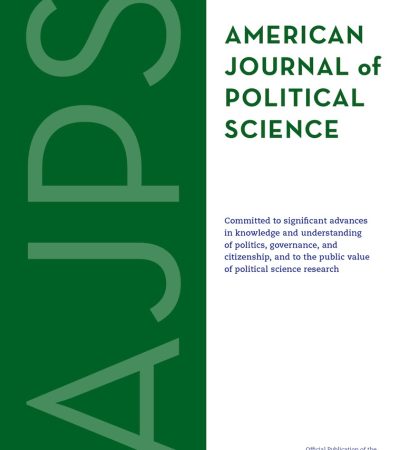
Noam Gidron
I am an Associate Professor at the Department of Political Science and the Joint Program in Politics, Philosophy and Economics at the Hebrew University of Jerusalem. My research interests lie at the intersection of political behavior and political sociology, with a substantive focus on populism, polarization and democratic backsliding.
In 2016 I received my PhD from the Department of Government at Harvard University. Prior to joining the Hebrew University, I was a fellow at the Niehaus Center for Globalization and Governance at Princeton University.
While grounded in comparative politics, my research draws on theoretical insights and empirical strategies from across disciplines, including economics and sociology. I rely on a diverse methodological toolkit, including online and field experiments, surveys, and text analysis. Geographically, my research focuses on Western democracies, with an emphasis on Israeli politics and society. My research has been published in Cambridge University Press and in leading journals such as the American Political Science Review, British Journal of Political Science, Comparative Political Studies, Annual Review of Political Science, Journal of Politics, British Journal of Sociology, Journal of Empirical Legal Studies, and Social Forces. My research has been discussed in multiple Israeli media outlets as well as in The Economist, the Washington Post, the BBC, and the New York Times.
In 2023 I was awarded a European Research Council (ERC) Starting Grant for the project “How Varieties of Nationalism Shape our Polarized Politics” (2024-2028). My research has also been supported by the Israel Science Foundation.
Books

Gidron, Noam, James Adams and Will Horne
2020. American Affective Polarization in Comparative Perspective. Cambridge University Press (Cambridge Elements in American Politics series).

Gideon Rahat, Noam Gidron and Michal Shamir (editors)
2025. The Elections in Israel 2022. Routledge.

Gidron, Noam and Thomas Tichelbaecker
2025. The European Ideological Space in Voters' Own Words. Cambridge University Press.
Articles
Media
Articles I wrote:

Israel’s horrible year started long before October 7
One year into Netanyahu’s latest tenure, Israel’s state and society are truly weakened.

Americans hate the ‘other side’ in politics. But so do Europeans.
That dislike is becoming worse in the United States faster than elsewhere.

Israel’s left hates Netanyahu. But his real problem is that some right-wingers hate him, too.
A small Never-Netanyahu party deprived him of his majority

Why Partisan Hostility Won’t End With Trump
The U.S. political system is designed for demonization and gridlock. Countries with proportional representation and parliamentary ...

The left shouldn’t fear nationalism. It should embrace it.
National solidarity is an old, powerful theme on the left — one it shuns at its peril.
Articles discussing my research (English):

The Resentment That Never Sleeps
Rising anxiety over declining social status tells us a lot about how we got here and where we’re going.

Trump Is Trying to Bend Reality to His Will
Can his aggressive version of ethnonationalist populism prevail in 2020? The answer is not obvious.

The power of populists
When elites appear ineffective, voters give radicals a chance

































